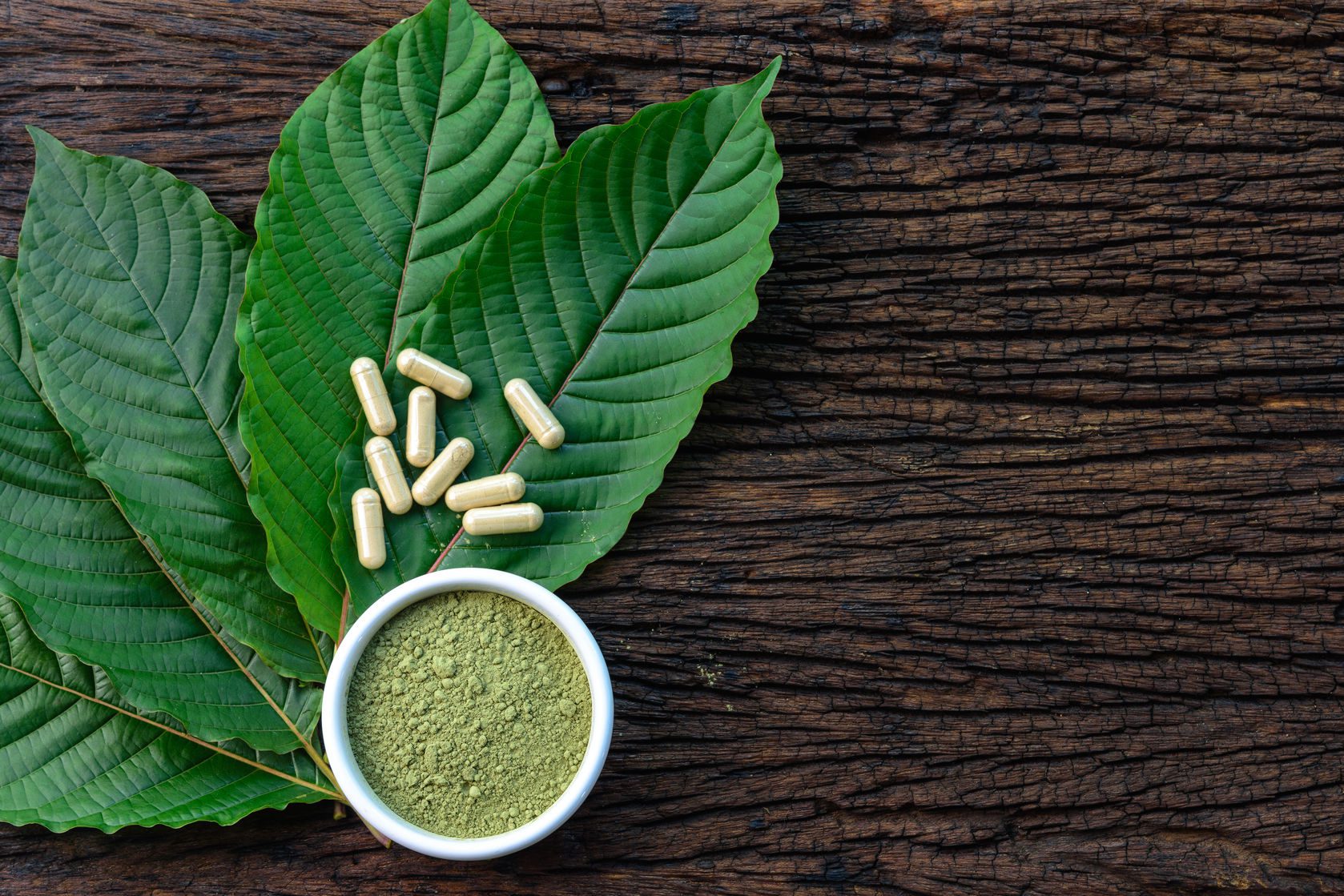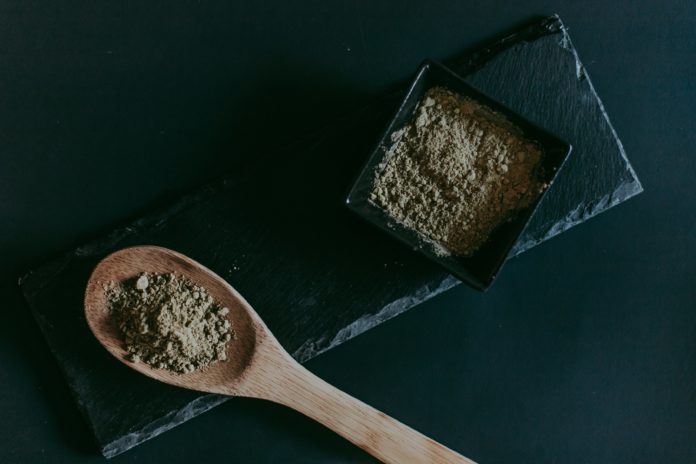A growing number of people are using kratom in the United States and across the world. A recent survey suggests that as many as 16 million people in the U.S. are using the plant, and for a variety of reasons.
While there is plenty of anecdotal evidence of kratom’s therapeutic potential, scientists are only beginning to really study and analyze its effects. More research is needed, but there is some evidence that kratom may potentially offer therapeutic benefits.
Research Suggests That Kratom is a Potential Harm Reduction Tool
A review published in Drug and Alcohol Dependence found that kratom may potentially serve as a harm reduction tool. Researchers note that kratom could potentially serve as a substitute for opioids in cases of opioid addiction.
The review notes that kratom’s withdrawal symptoms appear to be mild compared to opioid withdrawal symptoms. However, for some individuals, withdrawal symptoms can still be very uncomfortable when using kratom. More research is needed to further explore and confirm these effects.
One Study Suggests That Kratom May Potentially Reduce Pain
One study published in the Yale Journal of Biology and Medicine found that kratom may potentially reduce pain.
This small study ran from May through August 2018 and involved 26 male Malay participants. These individuals reported having a mean history of 6.1 years of kratom consumption, and they consumed kratom drinks several times in the week prior to the study’s starting point.

The study found that pain tolerance was significantly higher one hour after consuming active kratom drinks. Ratings of unpleasantness of the CPT task were also lower after one hour of consuming active kratom drinks.
More research is needed, but the findings support self-reports of pain relief while using kratom.
University of Florida Animal Study Suggests Kratom May Help with Opioid Dependence
A recent controlled animal study conducted by researchers at the University of Florida suggests that lyophilized kratom tea, also known as LKT, may help with opioid dependence.
Researchers found that kratom exhibited pain-relieving effects, reduced symptoms of opioid withdrawal and only caused minimal respiratory depression.
The study, published in Drug and Alcohol Dependence, is the first preclinical investigation to analyze and validate these claims.
These researchers were able to identify up to 20 different Kratom alkaloids at varying levels. The pain-relieving benefits appear to originate from mu-opioid receptor interactions. These receptors regulate the body’s response to pain medication.
Additionally, the study gave morphine-dependent animals LKT at various doses and analyzed their symptoms. LKT appeared to reduce withdrawal symptoms, even when given at low doses, and without the side effects found with current medications.
The Takeaway
Kratom has been used for centuries in Southeast Asia for a variety of purposes. Traditionally, the plant’s leaves are chewed or brewed into a tea.
Supplements and extracts are now available, but more research is needed to support kratom’s use for therapeutic purposes. The studies and research listed above are a step in the right direction, but we still have quite a way to go. As interest in kratom continues to grow, more research is likely to continue into its safety, use and potential benefits.
